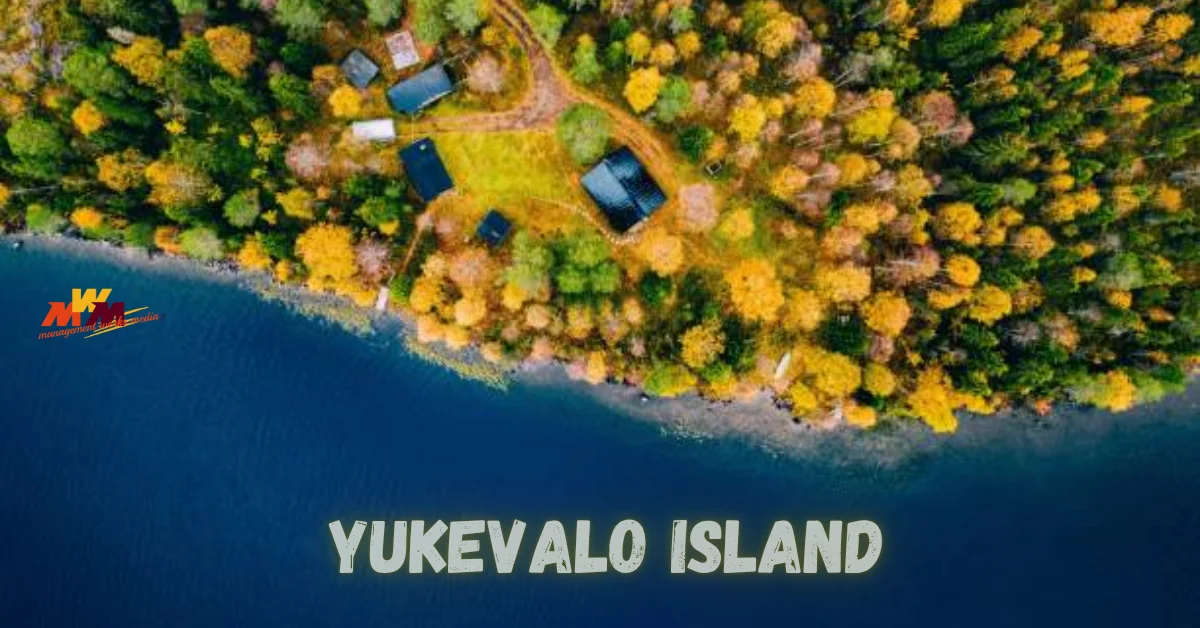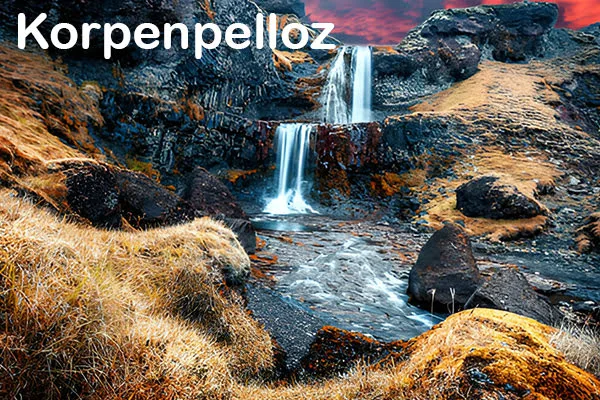
Yukevalo Island is not a name that rings immediately familiar to most travelers. Unlike the popular destinations splashed across glossy travel magazines, Yukevalo exists quietly—undisturbed, relatively unknown, and shrouded in a mystical aura. It is this very obscurity that lends Yukevalo its charm. For those who seek adventure off the beaten path, or for those who crave the untouched rawness of nature, Yukevalo Island is a destination that offers serenity, wonder, and an immersion into a world forgotten by time.
The Enigma of Location and Geography
Located far from mainstream tourist routes, Yukevalo Island lies nestled within a remote archipelago. It remains unmarked on many commercial maps, giving it an almost mythical presence. Some believe its name is derived from ancient maritime languages, signifying “land of echoing winds,” a fitting tribute to the constant breezes that dance through its dense tropical trees and across its rolling hills.
The island’s geography is a mix of jagged cliffs, lush rainforests, misty mountains, and secluded bays. The beaches—golden and soft—are bordered by rocky outcrops and mangrove clusters, making them perfect hideaways for those seeking solitude. Inland, cascading waterfalls feed into freshwater lagoons, surrounded by ferns and rare orchids. Every corner of the island seems untouched by modern development, preserving an ecosystem that thrives in harmony.
Biodiversity and Wildlife
Yukevalo Island is a haven for biodiversity. Because it has remained isolated for centuries, it has evolved a unique ecosystem filled with endemic species—plants and animals found nowhere else on Earth. Giant butterflies with iridescent wings flit through the air, while exotic birds fill the skies with vibrant color and melodic calls. Among the foliage, one might catch glimpses of tree-dwelling marsupials, chameleonic reptiles, or elusive jungle cats that patrol the undergrowth at dusk.
Marine life around the island is equally rich. Coral reefs form protective rings around the shores, teeming with sea creatures—turtles, reef sharks, parrotfish, and squadrons of colorful clownfish. The water is crystal clear, making it a diver’s paradise. Many marine biologists who have visited Yukevalo believe that the surrounding reefs are some of the last remaining “living” coral belts—unaffected by the bleaching events devastating reefs around the world.
Cultural Echoes and Ancient Roots
Though sparsely inhabited today, Yukevalo was once home to a thriving island civilization. Archeological remnants—ceremonial stone altars, cave paintings, and weather-worn totems—suggest that the island was a center for spiritual rituals and cultural gatherings. The oral traditions passed down by neighboring islanders speak of the Yukevalans as wise, nature-revering people who lived in harmony with their land and sea.
These stories often describe a deep respect for natural cycles, and many of the island’s formations—such as the twin peaks of Mount Jivura—are said to hold spiritual significance. Some explorers have even discovered sacred scripts etched into rocks near freshwater springs, possibly left behind by ancient priests or storytellers. These scripts remain largely undeciphered, fueling curiosity among historians and linguists.
The Allure of Seclusion
What draws modern-day adventurers, researchers, and nature lovers to Yukevalo is not just its beauty, but its silence. There are no large resorts, no bustling streets, no internet signals or mobile towers. The island offers a digital detox of the purest kind. Visitors must come prepared—mentally and physically—for a retreat into wilderness. There are a few eco-huts managed by conservationists, but most who visit prefer camping under the stars, guided by the rhythm of tides and sunrises.
The island’s seclusion has given rise to a unique philosophy among those who frequent it: “Yukevalo time.” This is a mindset that discards modern concepts of schedules, deadlines, and rush. Here, people wake with the sun, bathe in natural springs, cook over fire pits, and end the day listening to the lullaby of waves. It is a return to basics, and for many, a rediscovery of inner peace.
Conservation and Protection
Due to its fragile ecosystem, Yukevalo Island is under strict environmental protection. Local conservation groups, in partnership with international agencies, ensure that visitor numbers remain minimal and that all activities are sustainable. Only a limited number of permits are issued each year, and every visitor must undergo an orientation about respecting the island’s flora and fauna.
This model has proven successful. Unlike many remote islands that succumb to over-tourism, pollution, or illegal development, Yukevalo has managed to remain pristine. Conservationists continue to monitor wildlife populations, plant growth, and reef health, ensuring that the island remains a living laboratory for natural sciences and a refuge for endangered species.
Legends and Mysticism
Beyond its physical appeal, Yukevalo Island holds a mystical quality. Many who visit report unusual experiences—vivid dreams, a heightened sense of awareness, or an unexplained feeling of calm. Local legends speak of the island as a “gateway” between worlds—a place where spirits of the earth, sea, and sky converge. These tales are not meant to frighten but to encourage reverence. The elders who speak of Yukevalo do so with awe, believing that the island chooses who may find it.
Some say that the island “disappears” from maps intentionally, revealing itself only to those who truly seek it. While this idea sits at the edge of folklore, it captures the imagination and adds to the island’s mystique. Travelers often journal their thoughts and emotions upon returning from Yukevalo, describing feelings of transformation and connection that linger long after the journey ends.
The Future of Yukevalo Island
As the modern world becomes increasingly urbanized and technology-driven, places like Yukevalo Island serve as vital counterpoints. They remind humanity of the beauty of simplicity, the power of nature, and the importance of balance. There is a growing interest in establishing Yukevalo as a UNESCO World Heritage site, not for the sake of tourism, but for preservation and recognition of its unique cultural and ecological value.
However, those responsible for the island’s guardianship remain cautious. They believe in careful, deliberate steps that prioritize the island’s wellbeing over any commercial gain. In a world where natural wonders are rapidly vanishing, Yukevalo stands as a rare example of what can be preserved when humans choose stewardship over exploitation.
Final Reflections
Yukevalo Island is more than a remote landmass; it is a sanctuary of spirit and nature. It speaks to the explorer in all of us—the part that yearns for mystery, quiet, and reconnection. It is a place where one can hear the heartbeat of the earth, unfiltered and uninterrupted.
For those lucky enough to walk its trails or swim its shores, Yukevalo offers more than beauty. It offers perspective. In its silence, we remember the sounds we’ve forgotten. In its wilderness, we rediscover parts of ourselves buried under noise and routine.






